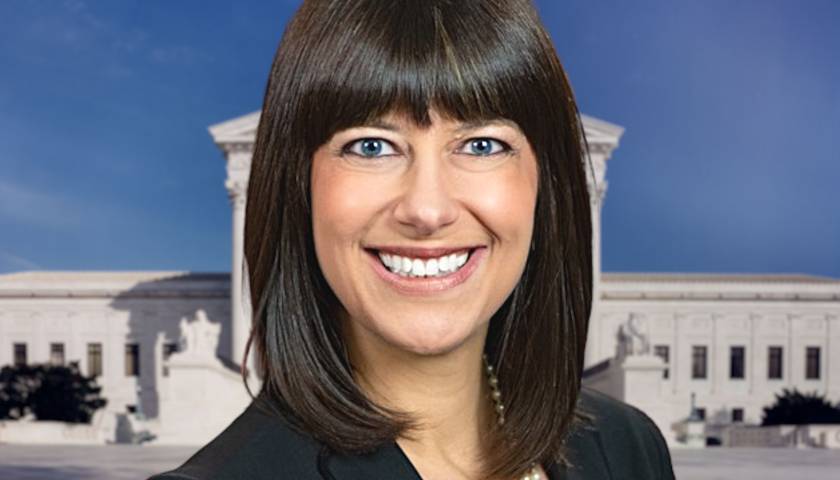by Elaine Gunthorpe
Several medical schools across the nation have recently amended or scaled back diversity, equity and inclusion programs and policies after they were flagged by Do No Harm, a medical advocacy group that seeks to push back against declining meritocratic standards and DEI encroachments in med school curricula.
The watchdog organization has filed more than 140 complaints with the Department of Education’s Office for Civil Rights within the last two years, and nearly 40 investigations have been opened so far, with 30 still active, according to a spokesperson.
The complaints targeted universities that illegally discriminated based on race for scholarships, fellowships, awards and academic programs in an effort to advance DEI initiatives.
Do No Harm’s latest victory came after the University of Colorado’s Anschutz Medical Campus ended “three ‘diversity’ scholarships that restricted eligibility on the basis of race, sexual orientation, or gender identity,” according to a December 5 announcement.
Other complaints have led to updated programs that clarify no one will be excluded on the basis of race. For example, the group succeeded in getting a “Black Naturopathic Opportunity Scholarship” ended at the National University of Health Sciences.
The suburban Illinois university also “removed all links and references to the scholarships promoting external third-party scholarships that discriminate based on race/ethnicity/color and/or sex/gender from the university’s website,” according to Do No Harm.
The group highlighted other examples in comments to The College Fix. For example. Duke University’s Black Men in Medicine program “expanded its scope, welcoming black males and their allies,” a group spokesperson said via email. “This move ensures inclusivity for all faculty members and trainees, irrespective of their race or gender, who support the cause.”
The University of Kansas Medical Center also made adjustments to the eligibility criteria for two of their diversity scholarships. In this way, they are “prioritizing inclusivity and promoting underrepresented groups without strictly defining them,” Do No Harm told The Fix via email.
Baylor College of Medicine removed four scholarships that were “previously deemed discriminatory,” according to the advocacy organization.
All three have been changed as of October, according to letters provided to The Fix.
The programs were changed following complaints filed by Mark Perry, a fellow with Do No Harm, who said “such race-based discrimination in favor of certain racial groups (e.g., Blacks, Hispanics) is clearly illegal in violation of Title VI, which prohibits discrimination based on race, color, and national origin.” Perry is an editorial consultant to The College Fix on an unrelated project.
Asked how common the problem is, he told The Fix that “almost every college and university in the country engages in some form of illegal discrimination.”
Perry has identified more than 2,000 potential violations of both Title VI and Title IX at more than 800 colleges and universities across the country. These violations include discriminating on the basis of race or sex.
Laura Morgan, a program manager with Do No Harm, told The College Fix that “the ubiquitous nature of ‘DEI offices’ in U.S. colleges and universities leads to the discovery of many of the discriminatory programs we find.” Most are created in the name of “equity” and in response to demands from activists, but they violate civil rights laws,” she said.
– – –
College Fix contributor Elaine Gunthorpe is a student at Christendom College where she is studying political science and economics. Elaine is involved with the Christendom College Republicans, Network of Enlightened Women, and Shield of Roses.






